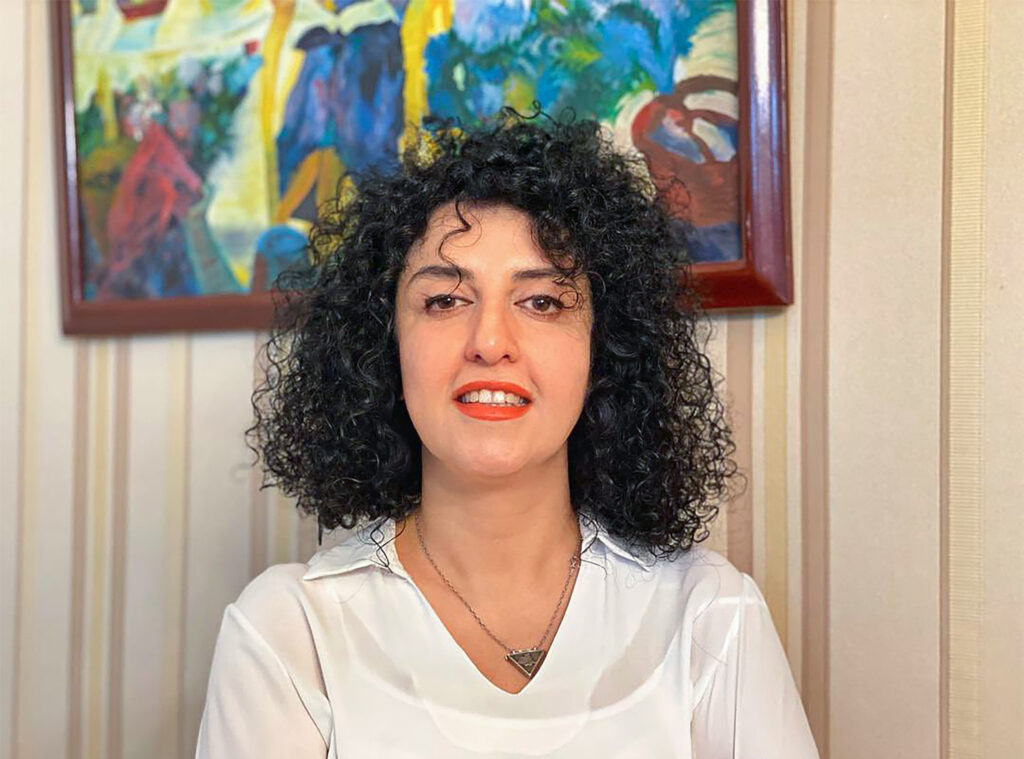AFP Asia Business
No contact with Iran Nobel winner since arrest: supporters
There has been no contact with Iranian Nobel peace prize winner Narges Mohammadi since her arrest at the end of last week, her supporters said Sunday, urging the Islamic republic to release the campaigner and dozens of others arrested alongside her.Mohammadi, who won the 2023 Nobel prize, was detained Friday after addressing a memorial ceremony in the eastern city of Mashhad for lawyer Khosrow Alikordi, who was found dead earlier this month.According to Mashhad prosecutor Hassan Hemmatifar, 38 people were arrested at the ceremony including Mohammadi and fellow prominent activist Sepideh Gholian. Alikordi’s brother Javad was arrested later the same day.Mohammadi, who has spent much of the last decade in-and-out of jail, had been allowed out of prison on December 2024 on medical leave. Over the last year, she carried on campaigning.No phone call has been made by been made by Mohammadi since her arrest and “only a limited number of those arrested have been able to contact their families”, her foundation said in a statement.It expressed “deep concern for the physical and psychological well-being of all detainees and calls for their immediate and unconditional release”, the statement added.It said the foundation had now learned that her case had been referred to the Mashhad revolutionary prosecutor and that she could be facing national security charges.But the foundation said it had received no information over her “whereabouts or condition”.- ‘Violently’ arrested -Images of the memorial ceremony showed Mohammadi — not wearing the headscarf that is obligatory for women in public in the Islamic republic — climbing atop a car to address crowds of people who chanted slogans against the authorities.She was then “violently” arrested, said the foundation, adding it believed that the number of people arrested alongside her may have exceeded 50. Prosecutor Hassan Hemmatifar, quoted by the IRNA news agency on Saturday, said investigations were ongoing.He accused Javad Alikordi, Gholian and Mohammadi of making “provocative speeches, inciting the people present to disrupt the public order and chant slogans that violated the norms”.Alikordi, 45, a lawyer who had defended people arrested during 2022-2023 protests, was found dead in his office on December 5.Hemmatifar said the lawyer had died of a “heart attack” and had a “natural death”, but Mohammadi’s foundation and other activists have described his death as “suspicious”.Activists say Iran remains in the throes of a deep crackdown more than five months after the end of the 12-day war against Israel, with over 1,400 people executed so far this year.

